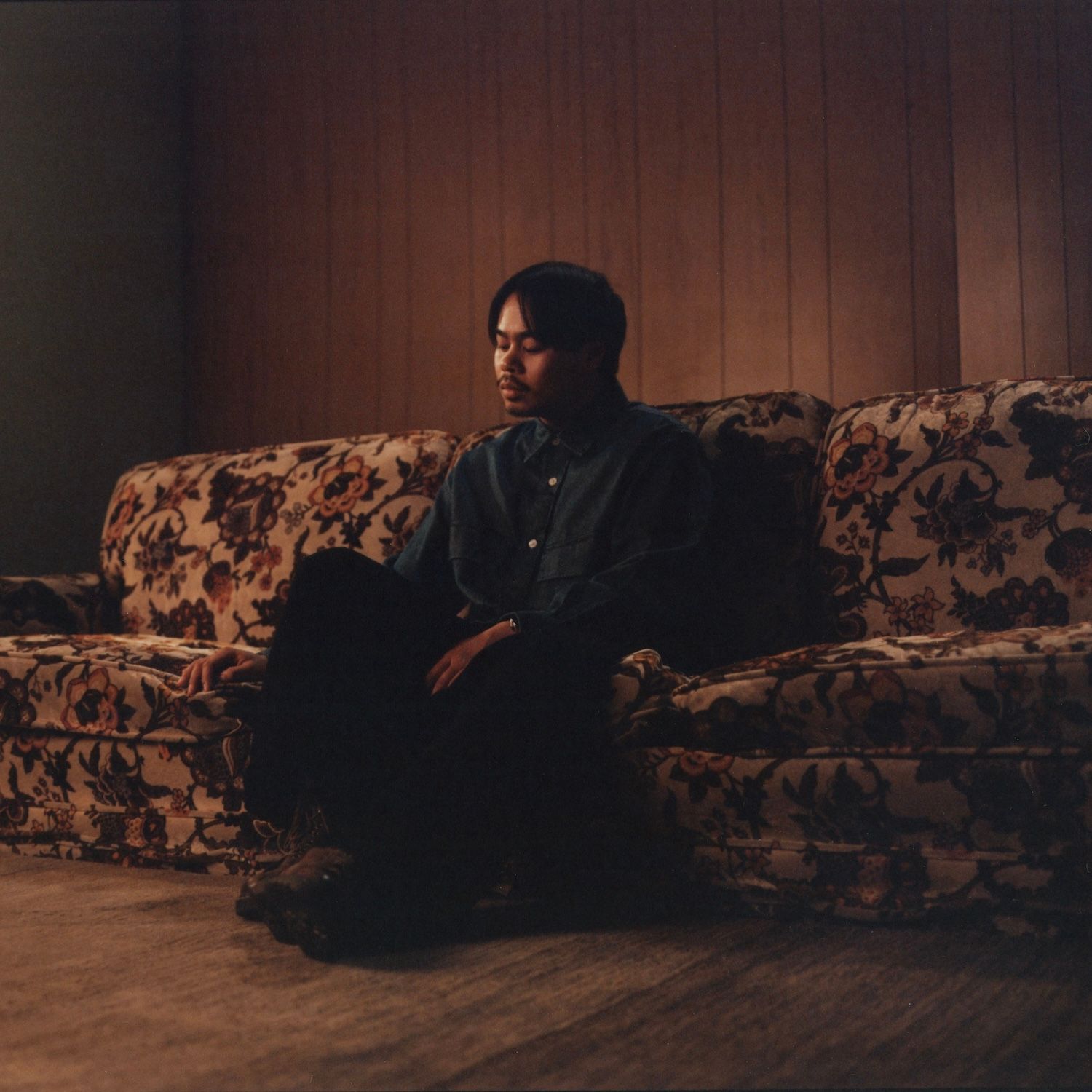Wrinkles, fine lines, and the 11s between your brows.
Aging isn’t a problem—but dry, crepey skin that clings to it like a shadow? That’s negotiable.
You wake up one day, and suddenly your skin drinks up product like a cactus in the desert. You start noticing texture where there used to be glow. So you do what any reasonable adult would: Google “best anti-aging moisturizer,” fall into a skincare rabbit hole, and end up overwhelmed by serums that sound like science experiments.
Let’s simplify it. If you’re shopping for a solid anti-aging moisturizer, these are the ingredients that deserve your attention—and your dollars.
Retinol: The Heavy Lifter
It’s the skincare MVP for a reason.
Retinol, a derivative of vitamin A, helps increase cell turnover, boost collagen production, and fade fine lines and discoloration. Translation? Smoother, firmer, more radiant skin over time.
Yes, it can be irritating at first (especially if overused), but the long-term payoff is real. For beginners, start with a lower concentration and use it a few times a week until your skin acclimates. Just don’t forget the SPF—retinol can make your skin more sun-sensitive.
Peptides: The Quiet Powerhouses
Not as flashy as retinol, but just as worthy.
Peptides are short chains of amino acids that signal your skin to produce more collagen and elastin—two things your face starts producing less of after 30.
The result? Improved skin texture, increased firmness, and fewer fine lines. Look for terms like “matrixyl,” “argireline,” or “palmitoyl pentapeptide” on the label. They’re basically little messengers encouraging your skin to act younger than it is.
Hyaluronic Acid: The Moisture Magnet
If your moisturizer doesn’t contain hyaluronic acid, ask it why.
This ingredient can hold up to 1,000 times its weight in water, which means it pulls moisture into the skin and keeps it there. It plumps. It smooths. It gives that “I drank three liters of water today” glow—even if you absolutely did not.
It works best when layered on damp skin and sealed in with a barrier-boosting cream. Think of it as your skin’s tall glass of hydration.
Niacinamide: The Great Balancer
Niacinamide (aka vitamin B3) is the unsung hero of anti-aging skincare.
Why? Because it does a bit of everything.
- Reduces redness
- Smooths uneven texture
- Minimizes the appearance of pores
- Supports the skin barrier
- Helps regulate oil production
Plus, it plays well with other active ingredients, making it ideal for sensitive or combination skin types. If your face throws a tantrum at retinol or acids, niacinamide might be your gentler gateway to results.
Antioxidants: Your Pollution Shield
Free radicals are invisible wrecking balls for your skin. Antioxidants are the defense system.
Ingredients like vitamin C, vitamin E, green tea extract, and ferulic acid help neutralize environmental damage caused by UV rays, pollution, and stress. These don’t just brighten your complexion—they protect it from future signs of aging.
The more environmental stress you’re under (hello, city life or screen time), the more your skin benefits from antioxidant-rich formulas.
Ceramides: The Barrier Builders
Ceramides are naturally occurring fats in your skin’s outer layer. They keep moisture in and irritants out.
As you age—or overuse harsh skincare—they deplete. The result? Dryness, flaking, and sensitivity.
A good moisturizer with ceramides helps reinforce your skin’s barrier, especially if you’re using actives like retinol or AHAs that increase turnover but can leave your skin compromised. Look for terms like “ceramide NP,” “ceramide AP,” or “phytosphingosine” on the ingredients list.
Sunscreen: Yes, Even in Your Moisturizer
We hate to break it to you, but no anti-aging routine works without sun protection.
If your daily moisturizer doesn’t include broad-spectrum SPF (at least SPF 30), you’re undoing half your progress before noon. UV exposure is the biggest contributor to visible aging—think dark spots, wrinkles, and loss of elasticity.
Even if you’re inside most of the day, UVA rays penetrate windows. A moisturizer with built-in SPF makes daily protection easy and automatic.
Final Thought: Choose Ingredients, Not Hype
Anti-aging skincare doesn’t have to mean 10-step routines or overpriced jars with sparkly lids. The best moisturizer for aging skin is one that blends hydration, proven actives, and barrier support—without overwhelming your face or your wallet.
When in doubt, flip the bottle, read the ingredients, and look for the ones that do the heavy lifting. Consistency matters more than the fanciest label.
Because aging is inevitable. But looking tired doesn’t have to be.




